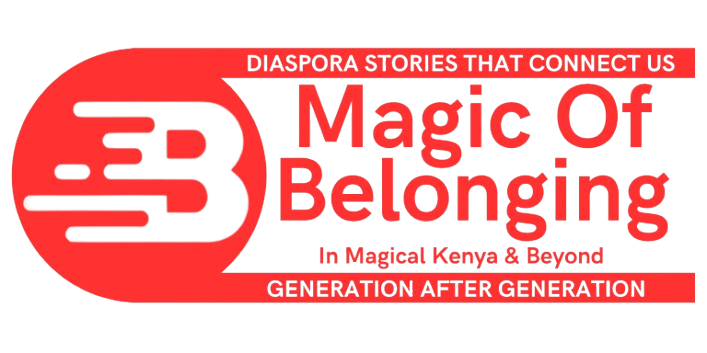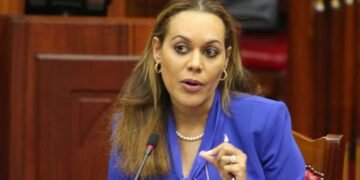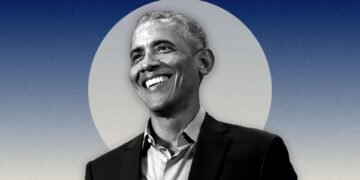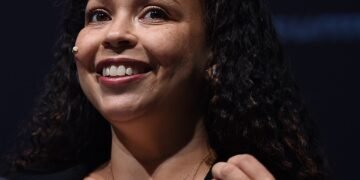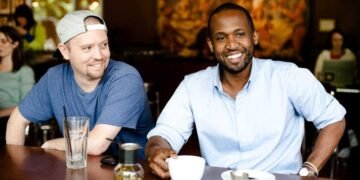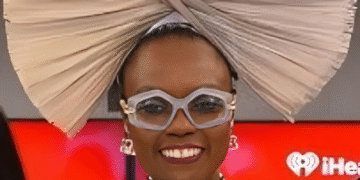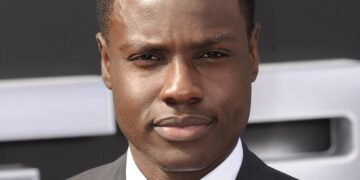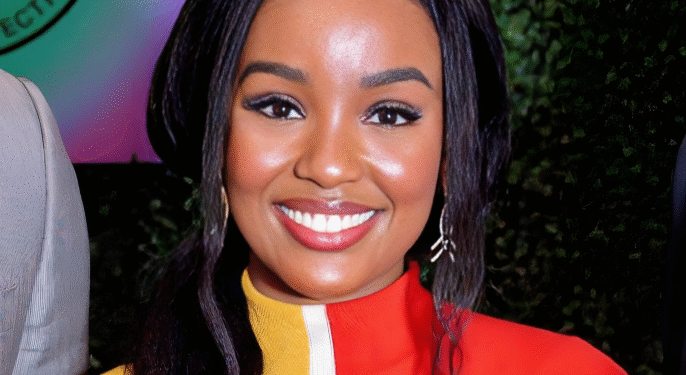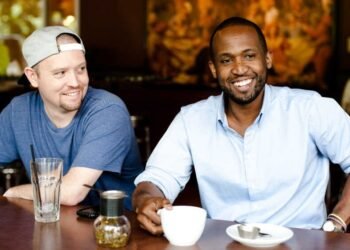Wanjiku “Wawa” Gatheru never set out to become a global face of climate justice. Yet today, she stands as one of the most important voices reimagining what environmentalism can look like—rooted, relational, and radically inclusive. As a Rhodes Scholar and founder of the Black Girl Environmentalist (BGE) movement, her accolades are historic. She is the first Black person in history to win the Rhodes, Truman, and Udall scholarships concurrently.
But beneath these monumental achievements lies a story far more intimate. A story shaped by garden soil, grandmother’s wisdom, and a powerful lineage that stretches from rural Connecticut to the green highlands of Kenya. It’s from this lineage—her Agĩkũyũ heritage—that Wawa draws her most transformative insights: that the earth is not abstract, not merely a scientific equation, but living kin.
Roots in the Soil
Wawa’s childhood was anchored in the rhythms of cultivation. Raised on Mashantucket Pequot land in Connecticut by Kenyan immigrants, her earliest memories are not of conferences or protests—but of kneeling beside her mother and grandmother, hands in the earth. Farming wasn’t just sustenance; it was culture. A living, breathing expression of belonging. The garden was a classroom, and the lessons were about reciprocity, rhythm, and respect.
“My family has always been farmers,” she says. And while she jokes about not inheriting the family’s intuitive “green thumb,” the act of growing things stayed with her. She was learning, quietly and profoundly, that land isn’t something to dominate or extract from—it’s something to be in relationship with. In her Agĩkũyũ tradition, land is not property. It is identity. It is memory. It is ancestor.
This grounding was at odds with what mainstream environmentalism looked like when she encountered it. It seemed elite and disconnected—“top shelf,” as she calls it. White. Wealthy. Obsessed with data and statistics. There was no room in that vision for a Kenyan girl raised on greens and climate stories whispered through prayer and soil.

A New Language for Justice
Wawa was fifteen when everything changed. In a moment of chance—or perhaps divine alignment—she enrolled in an environmental science class to avoid another semester of chemistry. What she found in that classroom cracked open her understanding of the world.
Her teacher introduced environmental justice. Wawa began to see that the climate crisis wasn’t just about melting ice caps; it was about human suffering. She learned that race was the number one predictor of proximity to toxic waste in the U.S. She saw how disasters like Hurricane Katrina revealed deep racial disparities in disaster relief and recovery.
“Mother Earth is giving us feedback,” she says. “She’s telling us the systems we’ve relied on are broken.”
And in that realization, something clicked.
Climate change stopped being abstract. It became heartbreak. It became displacement. It became a child’s home swallowed by rising seas and generations uprooted. It became her own story—a story where land was not resource, but relative.
She returned home that day, went into her room, knelt, and prayed: “God, I think I’m going to dedicate my life to environmental justice. If that’s not what You want, show me a sign.” No sign came. That silence was her answer.
From then on, environmental justice wasn’t a career—it was a calling.
Planting New Systems of Belonging
Wawa took that calling with her to the University of Connecticut, where she refused to separate climate work from food security, education, and race. She co-founded UCAFE, a research initiative addressing student hunger that was eventually cited by U.S. Senators. She led the campaign making UConn the first public university to require environmental literacy for graduation.
Even with those achievements, she still felt isolated—both as a Black woman and as a daughter of the diaspora. She often found herself alone in environmental rooms where she knew the land differently, held grief differently, and carried solutions that no one else seemed to ask for.
So, in 2021, she created what she couldn’t find: Black Girl Environmentalist. Born from a Kenyan ethos of collective care and community wisdom, BGE is not just an organization—it’s a movement. A space intentionally crafted to honor and support Black girls, women, and gender-expansive people in the environmental sector.
It was an act of reclamation.
Instead of trying to fit into systems that excluded her, Wawa built something new. BGE grew rapidly—more than 2,000 members across 14 cities. It created mentorship programs, opportunity databases, and the Hazel M. Johnson Fellowship, the first climate pipeline program by and for Gen Z people of color.
She wasn’t just building access. She was building belonging.
Her guiding philosophy came from the framework “Black Women Best,” an economic vision that centers Black women—not because they are the only ones who matter, but because when the most marginalized thrive, everyone does. It’s an idea deeply aligned with her Agĩkũyũ upbringing, where community wellbeing is measured not by the strongest, but by the strength of the most vulnerable.
And through all of it, she told stories. Wawa is a storyteller at heart. She reclaimed Black environmental legacies erased from history—like that of Phillis Wheatley, one of the first
American nature poets. She used her platform—amassing over 100,000 social media followers—not to perform, but to educate, comfort, and organize.
Ancestral Wisdom for the Planet’s Future
Wawa Gatheru’s view of the climate crisis isn’t just global—it’s ancestral. To her, the planet’s current distress isn’t only ecological—it’s spiritual. “Mother Earth is giving us feedback,” she says. “She’s telling us the systems we’ve relied on are broken.”
Her approach isn’t to add more technology to broken systems—it’s to transform them. From food to philanthropy, she asks deeper questions: Who is nourished by this system? Who is excluded? How do we re-root ourselves in older, wiser ways of being?
She critiques how less than 1% of climate philanthropy reaches youth-led movements. She reminds us that solutions cannot come from the same frameworks that created the problem. Instead, she insists we must listen—to the earth, to each other, and to the wisdom that has always existed in Indigenous and Black communities.
For Wawa, food is one of the deepest points of entry into this transformation. Preparing Kenyan dishes from her family garden isn’t just culinary—it’s sacred. It’s resistance. It’s identity. It’s belonging. Our food tells the story of our connection—or disconnection—from land. And in every meal harvested with care, that story can begin to change.
The Legacy She’s Growing
Wawa Gatheru has appeared on the cover of Vogue with Billie Eilish. She serves on the EPA’s first National Environmental Youth Advisory Council. She speaks at Davos. But she never left her grandmother’s garden behind.
What makes her vision so powerful is that it’s not borrowed—it’s inherited.
She shows that the future of environmentalism doesn’t have to repeat its past. It can be a space where Black girls feel seen, where Kenyan farming wisdom is valued as climate leadership, where storytelling becomes strategy, and where the earth is not just protected, but loved.
In reclaiming her heritage, Wawa didn’t just find her voice—she gave others permission to find theirs. And in doing so, she reminds us that true climate solutions won’t come from above. They’ll grow from the ground up—from stories rooted in soil, community, and the deep knowing that we belong to the earth, and to each other.
